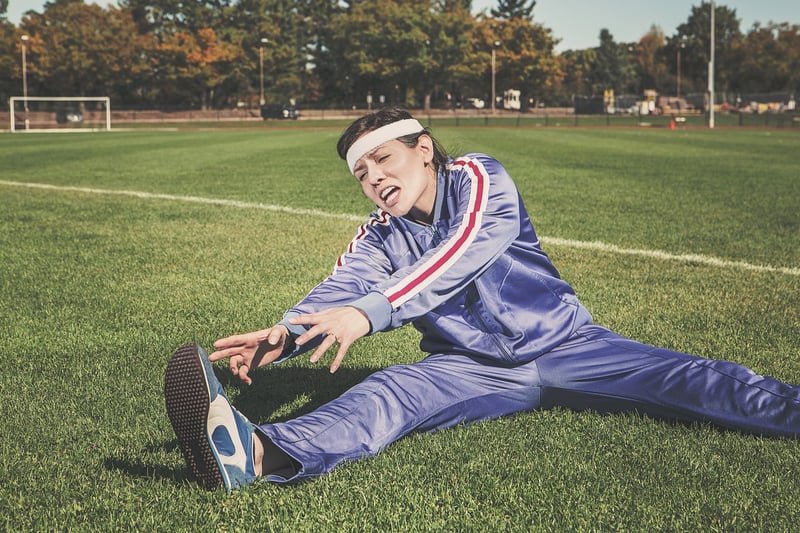Dynamic Stretching
Improving Mobility with Stretching Techniques
The Importance of Mobility
Having good mobility is essential for maintaining overall health and preventing injuries. Stretching regularly can help improve flexibility, range of motion, and joint stability.
Static Stretching
Static stretching involves holding a stretch for a specific amount of time without moving. This type of stretching helps lengthen muscles and improve flexibility. Some common static stretches include hamstring stretches, quadriceps stretches, and calf stretches.
Hamstring Stretch
To perform a hamstring stretch, sit on the floor with one leg extended and the other leg bent. Reach towards your toes while keeping your back straight. Hold the stretch for 30 seconds and then switch legs.
Quadriceps Stretch
Stand up straight and bend one knee, bringing your heel towards your buttocks. Hold your foot with your hand and gently pull towards your glutes. Hold for 30 seconds and switch legs.
Dynamic Stretching
Dynamic stretching involves moving parts of your body and gradually increasing reach, speed of movement, or both. This type of stretching helps improve blood flow, warm up the muscles, and prepare the body for physical activity.
Leg Swings
Stand next to a wall for support and swing one leg forward and backward in a controlled motion. Repeat for 10-15 swings and then switch legs.
Arm Circles
Extend your arms out to the sides and make circular motions with your arms. Start with small circles and gradually increase the size. Repeat for 1 minute.
Conclusion
Incorporating both static and dynamic stretching techniques into your routine can help improve mobility, flexibility, and overall performance. Remember to listen to your body and never stretch to the point of pain.


